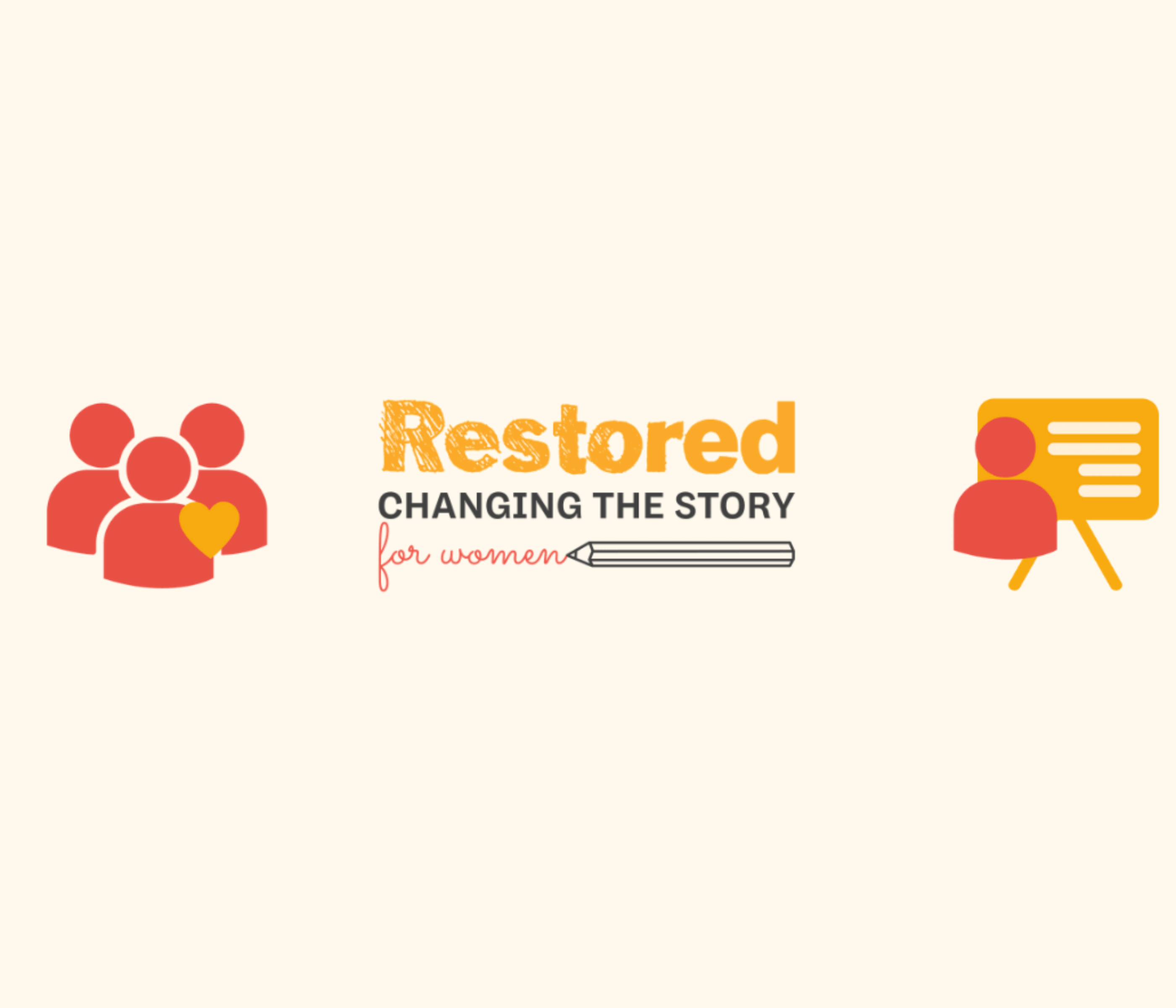I’m 5’6″ and weigh just under ten stone. I don’t really care about who is topping the Premier League, and if I had to drink beer, it would most likely be a strawberry Frühli or an ice cool Leffe. I don’t match up to many of the images that I would associate in our society with being a man.
I suspect that many of us have at least some area in which we feel we fall short of full masculinity. But where do these messages come from? How do they make us feel? What is our actual lived experience? What does it mean to be a man?
Michael Kaufman, a founder of the White Ribbon Campaign, used several pictures of action heroes to illustrate the unattainable nature of media masculinity. See Batman then, and now. Brute strength and painfully chiselled six packs, a stoic lack of communication, and emotion checked by clenched jaws, yet miraculous seductive and physical power over women.
We could enter into a long discussion here around the nature of these male stereotypes. However, the most important point to focus on, and for me the highlight of the day, was the observation by the writer and broadcaster Ekow Eshun that these myriad images “successfully distract men from the most important task of discovering their own identity”.
Men can be so defensive around presenting a narrow version of masculinity, because they are striving but not succeeding. They are striving for something unrealistic and unattainable. It is destructive not only in the violent depictions of power exerted over other men – and especially over women – but destructive in the amount of energy that men will waste in its pursuit, rather than in becoming confident and fulfilled in who they really are.
— Sam Reynolds —
The reality, my personal lived experience, and that of other males around me, is not narrow like these messages, but is actually a whole complexity of masculinities that evolve and fluctuate on a wide spectrum. I get angry, I cry. I like wrestling, I like singing…is that ok?!
The big question: “Am I a man?”
Masculinities are not fixed, but fluid. If I identify as male, then every contradictory and changing aspect of my masculinity is valid. And when I am confident in my own identity, I can be free to enjoy relationships of equality with those around me, with both men and women.
This is a vitally important step in combating male violence against women. Patriarchal myths must be exposed and challenged on a wider scale so that men can be free to develop their own identity, and on the basis of that, to unreservedly pursue equality.
Jackson Katz is quoted saying “a man of quality does not feel threatened by a woman of equality”.
When I no longer feel the need to compete with, or exercise power over other men and women around me; when I can express emotion and empathise with others; when I am finally comfortable with myself, then I can be assured I am a man.
— Sam Reynolds —
Sam Reynolds is a member of our First Man Standing initiative. Find out more

